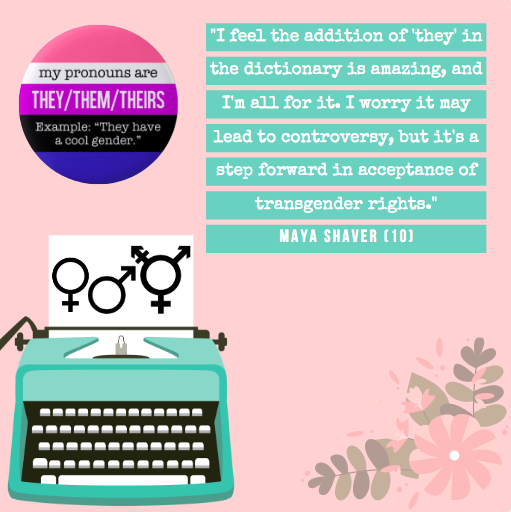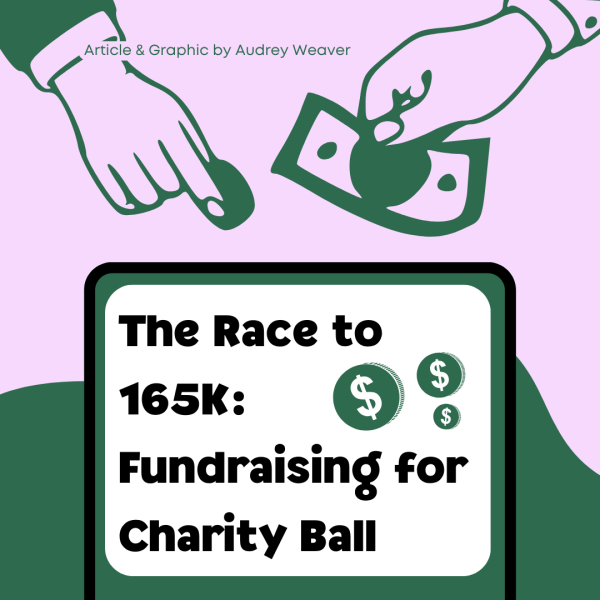“Yes, Please!”: Enloe Students’ React to They Becoming Gender Non-Binary Pronoun

“Society is evolving each and everyday, and with that, the words we speak everyday,” says freshman Ridhi Patel upon discovery of this small but sufficient change in the Merriam-Webster Dictionary this past week. A rough estimate of 533 words were recently added to the dictionary, but none have stood out more than this one. According to lexicographers, they is now officially a gender non-binary pronoun.
People around the world have been using they as a singular pronoun since the 1300s, and it was commonly used when describing someone whose gender is either unknown or not revealed, along with it being a plural noun. They became the substitute for a third-party pronoun when the criteria did fit between he or she.
Currently in society, they is most evidently used by people who don’t identify themselves with either of the two binary genders. People may ask to be referred to as they/them, and grammar critics can rest assured that now, they can be used as singular, and still be grammatically correct.
This change comes just two weeks after the Grammy-award winning artist Sam Smith announced that they would be using they/them pronouns from now on. Self-appointed “grammar police” took to Merriam-Webster, a nationally trusted dictionary via Twitter and Facebook, complaining that they/them pronouns were not grammatically correct. Merriam-Webster disagreed, mostly due to the background of the word’s use in society, and therefore, changed the word to become an official gender-neutral singular pronoun, which has been praised by many students here at Enloe.
When asked about the subject matter, many students had much to say about the change. Miriam Feigin says “Yes, please! It’s about time that people who are transitioning, intersex, non-binary, and/or nongender-conforming people are finally represented!”. When asked, Maya Shaver had a specific reaction to the subject, and says, “I feel the addition of they in the dictionary is amazing, and I’m all for it. But it will most likely lead to a lot of controversy. Personally, I think it is a step forward in the acceptance of gender non-conforming and transgender rights.”
“It should be in the dictionary. It just should.” Jeffrey Wang says. And now, it officially is.
Your donation will support the student journalists of Enloe Magnet High School, allowing us to cover our annual website costs. We are extremely grateful for any contribution, big or small!

(She/her)
Gwen is over-the-moon to be back in school for her senior year, and to be Co-Editor in Chief of the Eagle's Eye! Her favorite topics to write...












